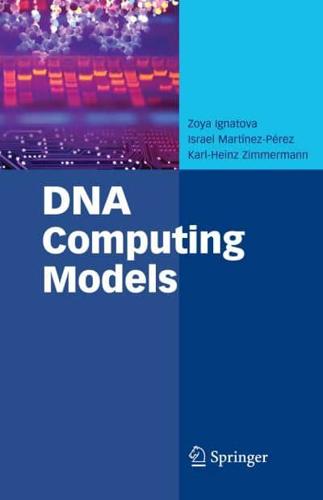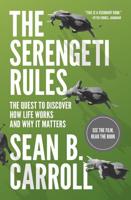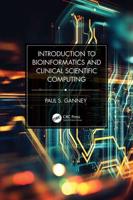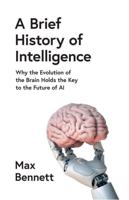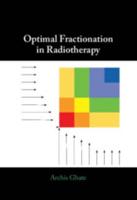Publisher's Synopsis
Sir Francis Crick would undoubtedly be at the front of the line ordering this fascinating book. Being one of the discoverers of DNA, he would be amazed at how his work has been applied to mankind's most important invention, the computer. DNA contains the genetic instructions for the biological development of cellular life forms or viruses. DNA computing uses DNA as a substrate for storing information, while molecular biological operations are used to manipulate this information.
DNA Computing Models begins with a comprehensive introduction to the field of DNA computing. This book emphasizes computational methods to tackle central problems of DNA computing, such as controlling living cells, building patterns, and generating nanomachines. DNA Computing Models presents laboratory-scale human-operated models of computation, including a description of the first experiment of DNA computation conducted by Adleman in 1994. It provides molecular-scale autonomous models of computation and addresses the design of computational devices working in living cells. It also addresses the important problem of proper word design for DNA computing.
DNA Computing Models is designed for researchers and advanced-level students in computers science, bioengineering and molecular biology as a reference or secondary text book. This book is also suitable for practitioners in industry.


